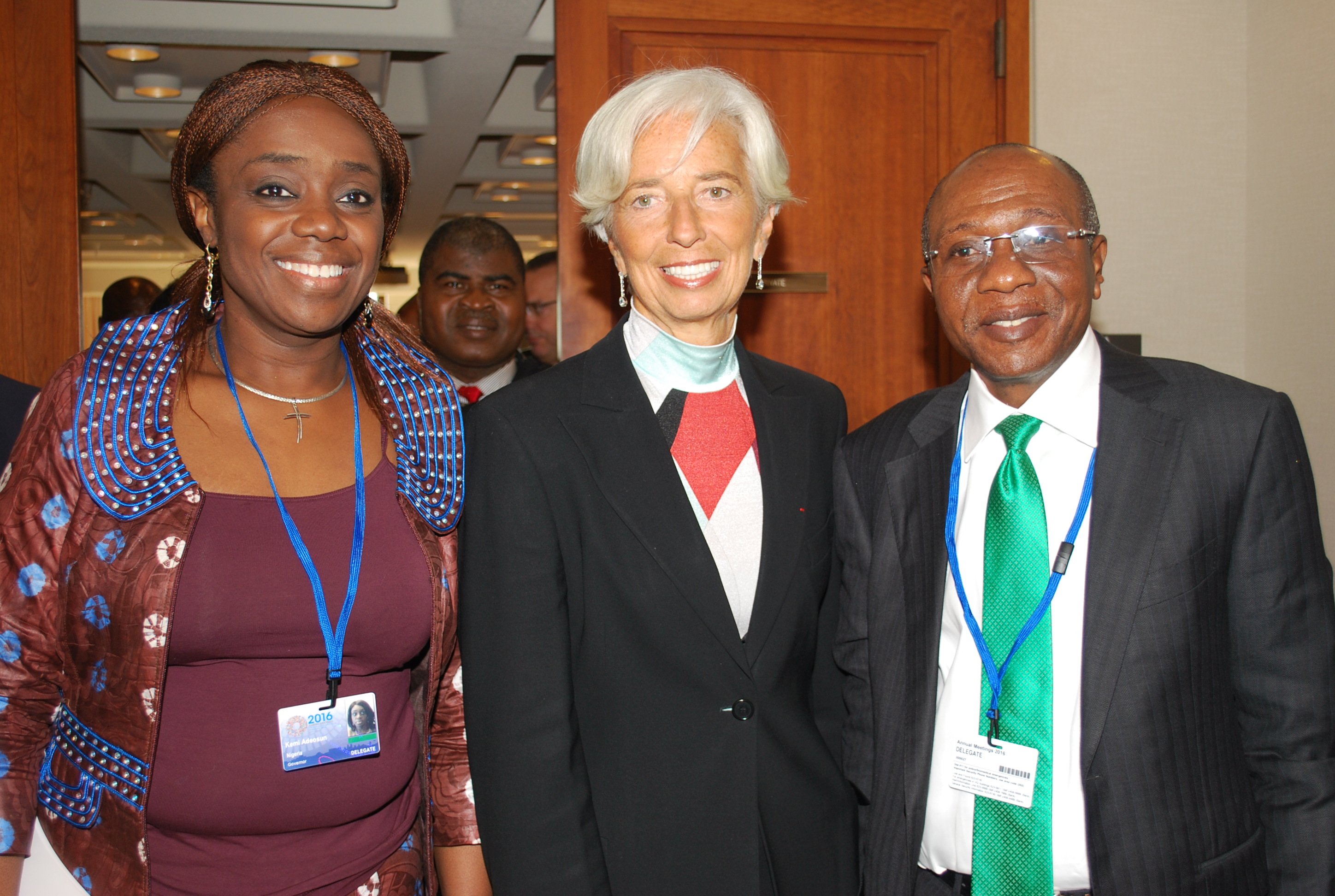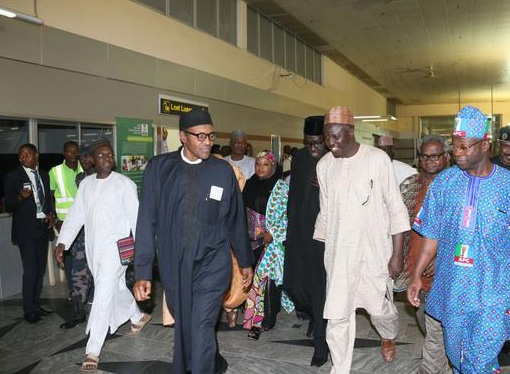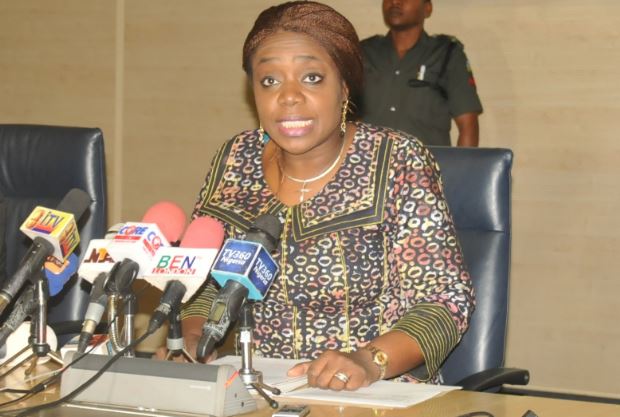The forces behind currency markets and what makes them tick is always an interesting topic, especially when you talk about the Nigerian naira. The strength of a country’s currency is often in direct proportion to their fiscal health and political stability, and this can clearly be seen when you look at the Nigerian economy.
The Naira has been battling all kinds of vagaries, such as currency controls imposed by the government and the fallout from a thriving black market, where it trades at a discount to the official rate set by the Central Bank of Nigeria (CBN). The CBN has made huge efforts to stabilise the currency and has made some inroads. The short-term goal of closing the gap between official and black-market rates has partially been achieved.
More good news is that in July 2017, the International Monetary Fund (IMF), projected that Nigeria’s economy will grow at a faster pace than South Africa’s in 2018. According to its World Economic Outlook, South Africa’s economy is expected to grow at 1.2% and Nigeria’s at 1.9%. Growth in agriculture, increased oil output and government spending will continue to drive Nigeria’s growth, and strengthen the Naira.
The Naira is an interesting currency to watch, and like most emerging market currencies, it has economic challenges to overcome. As a result of its volatility but increasing stability, it has attracted the attention of investors who want to try their hand at trading.
Advertisement
The volume of global forex traders is steadily growing and it is estimated that in 2016, the volume from retail foreign exchange trading represented 5.5% of the entire foreign exchange market, a massive $282 billion in daily trading turnover.
Despite the increased interest and numbers of newcomers entering the markets, there are many more aspirant traders who feel they do not have the confidence to trade. Their concern is not misplaced because not all investors have the discipline to thoroughly learn and master the craft of forex trading. A successful trader has to understand both the technical and fundamental aspects of trading, in other words they need to know that politics, natural disasters and even climate change can affect the value of a currency and that timing is a critical part of trading.
Forex transactions are executed in fractions of a second, and a lack of discipline can cause a trader to take unnecessary risks. Forex brokers have recognised this and acknowledged that some traders need extra support. To address this issue the industry has developed tools to help traders stick to their strategies. Expert Advisors (EAs) for example, provide traders with a platform to code the parameters of their trading strategies. EA’s are basically automated trading algorithms and while complex by nature, they are simple to use tools that assist traders to refine their trading strategies and gain a greater potential advantage over the markets.
Advertisement
A novice would not derive much benefit from an EA however, because learning how to code takes tuition and practice. This is why Copy Trading programmes have become extremely popular – they offer less experienced traders the opportunity to follow the trades of suitable traders, and products like FXTM Invest provide a welcome middle ground. They are not as technical as an EA, but they enable traders to make decisions based on input from a suitable Strategy Manager.
Copy Trading platforms are beneficial to all parties. Strategy Managers make their trades public and investors copy the strategies to earn on the successful trades; in turn, Strategy Managers then take a commission from the Investors. Products like this will continue to evolve and attract individuals into the Forex markets because they give traders at all levels the opportunity to increase their earnings from profitable trades.
As the financial markets in Nigeria continue to evolve and the Naira gets closer to becoming a stable and respected currency, so will the interest in Forex trading grow. FXTM regards Nigeria as one of their most important markets and will continue to evolve products, and provide education to assist traders in this region.
Advertisement
Add a comment







